Best movies & TV Shows like Goodyear Television Playhouse
A unique, carefully handpicked, selection of the best movies like Goodyear Television Playhouse . If you liked Goodyear Television Playhouse then you may also like: The Hospital, Marty, Thank Your Lucky Stars, Don't Go Near the Water, It's a Big Country and many more popular movies featured on this list. You can further filter the list even more or get a random selection from the list of similar movies, to make your selection even easier.
The Goodyear Television Playhouse is an American anthology series that was telecast live on NBC from 1951 to 1957 during the "Golden Age of Television". Sponsored by Goodyear, Goodyear alternated sponsorship with Philco, and the Philco Television Playhouse was seen on alternate weeks. In 1955, the title was shortened to The Goodyear Playhouse and it aired on alternate weeks with The Alcoa Hour. The three series were essentially the same, with the only real difference being the name of the sponsor. Producer Fred Coe nurtured and encouraged a group of young, mostly unknown writers that included Robert Alan Aurthur, George Baxt, Paddy Chayefsky, Horton Foote, Howard Richardson, Tad Mosel and Gore Vidal. Notable productions included Chayefsky's Marty starring Rod Steiger, Chayefsky's The Bachelor Party, Vidal's Visit to a Small Planet, Richardson's Ark of Safety and Foote's The Trip to Bountiful. From 1957 to 1960, it became a taped, half-hour series titled Goodyear Theater, seen on Mondays at 9:30pm.
You may filter the list of movies on this page for a more refined, personalized selection of movies.
Still not sure what to watch click the recommend buttun below to get a movie recommendation selected from all the movies on this list
Marty
Marty, a butcher who lives in the Bronx with his mother is unmarried at 34. Good-natured but socially awkward he faces constant badgering from family and friends to get married but has reluctantly resigned himself to bachelorhood. Marty meets Clara, an unattractive school teacher, realising their emotional connection, he promises to call but family and friends try to convince him not to.
Thank Your Lucky Stars
An Eddie Cantor look-alike organizes an all-star show to help the war effort.
Don't Go Near the Water
Madison Avenue-trained Navy men handle public relations on a South Pacific island during World War II.
It's a Big Country
Comprised of eight unrelated episodes of inconsistent quality, this anthology piece of American propaganda features some of MGM Studios' best directors, screenwriters and actors; it is narrated by Louis Calhern. Stories are framed by the lecture of a university professor. In one tale a Boston resident becomes angry when the census forgets to record her presence. Another sketch chronicles the achievements of African Americans while still another pays tongue-in-cheek tribute to Texas.
Fred Rogers: America's Favorite Neighbor
Writer, producer, puppeteer, songwriter--America's Favorite Neighbor takes a thorough look at the career of legendary children's television host Fred Rogers. Produced for Pittsburgh's WQED, this informative documentary tracks his rise as floor manager for various NBC programs, such as Your Hit Parade, to the major awards he received later in life, such as the Lifetime Achievement Award and the Presidential Medal of Freedom. Along the way, he's seen launching public TV programs The Children's Corner, which featured a soon-to-be-famous puppet named King Friday, and Canada's MisteRogers. The latter, naturally, was followed by Mister Rogers' Neighborhood, which made its national debut in 1968, and would eventually became the longest running program in PBS history. Hosted by fellow Pennsylvania native Michael Keaton (Batman), who worked on his show in the early days, America's Favorite Neighbor is suitable for all ages, but is geared more towards adults, particularly parents and educators.
Lucy Moves to NBC
Contacted by Fred Silverman, the President of NBC, Lucille Ball accepts to go back to work as a producer. With the help of her faithful production assistant, Gale Gordon, she starts working on a new series titled "The Music Mart".
The World of Sholom Aleichem
This omnibus release consists of three playlets filmed and aired during television's Golden Age, and starring some of the legends of film and television. The collection originally ran as a two-hour segment on December 14, 1959, on the anthology series The Play of the Week, broadcast locally in New York City via the independent radio station WNTA. Each "tale" in the anthology was adapted from a single tale by the inimitable Sholom Aleichem, regarded by many as the "Yiddish Mark Twain". Included are: "A Tale of Chelm" starring Zero Mostel and Nancy Walker in the story of a bookseller attempting to buy a goat; "Bontche Schweig" about a poor man (Jack Gilford) whose recent arrival in Heaven makes the angels cry; and "The High School" about a Jewish merchant (Morris Carnovsky) persuaded by his wife (Gertrude Berg) to let their son attend a particular high school despite the enforcement of quotas for Jewish students.
The White Lotus
Follow the exploits of various guests and employees at an exclusive tropical resort over the span of a week as with each passing day, a darker complexity emerges in these picture-perfect travelers, the hotel’s cheerful employees and the idyllic locale itself.
Alfred Hitchcock Presents
A television anthology series hosted by Alfred Hitchcock featuring dramas, thrillers, and mysteries.
Armstrong Circle Theatre
Armstrong Circle Theatre is an American anthology drama television series which ran from 1950 to 1957 on NBC, and then until 1963 on CBS. It alternated weekly with The U.S. Steel Hour.
Bob Hope Presents the Chrysler Theatre
Bob Hope Presents the Chrysler Theatre is an American anthology series, sponsored by Chrysler Corporation, which ran on NBC from 1963 through 1967. The show was hosted by Bob Hope, but it had a variety of formats, including musical, dramatic, and comedy.
Caesar's Hour
Caesar's Hour is a live, hour-long American sketch comedy television program that aired on NBC from 1954 until 1957. The program starred, among others, Sid Caesar, Nanette Fabray, Carl Reiner, Howard Morris, Janet Blair and Milt Kamen, and featured a number of cameo roles by famous entertainers such as Joan Crawford and Peggy Lee. Widely considered a continuation of Caesar's earlier program, Your Show of Shows, Caesar's Hour included most of the same writers and actors, with the notable addition of Larry Gelbart in the latter show. Nanette Fabray replaced Imogene Coca, who opted to star in her own TV series in 1954, The Imogene Coca Show. The writing staff of the show was reunited in 1996 for an event at the Writers Guild Theater in Los Angeles called Caesar's Hour Revisited, excerpts of which were broadcast on PBS under the title Caesar's Writers. The full two-hour special was available on VHS as a pledge premium from PBS. It was released on DVD for the first time on December 12, 2011. The reunion featured Caesar with Mel Tolkin, Neil Simon, Danny Simon, Mel Brooks, Carl Reiner, Larry Gelbart, Sheldon Keller, Aaron Ruben, and Gary Belkin. The moderator and researcher was Bob Claster.
The Colgate Comedy Hour
The Colgate Comedy Hour is an American comedy-musical variety series that aired live on the NBC network from 1950 to 1955. The show starred many notable comedians and entertainers of the era, including Eddie Cantor, Dean Martin and Jerry Lewis, Fred Allen, Donald O'Connor, Bud Abbott and Lou Costello, Bob Hope, Jimmy Durante, Ray Bolger, Gordon MacRae, Ben Blue, Robert Paige, Tony Curtis, Burt Lancaster, Broadway dancer Wayne Lamb and Spike Jones and His City Slickers.
General Electric Theater
General Electric Theater is an American anthology series hosted by Ronald Reagan that was broadcast on CBS radio and television. The series was sponsored by General Electric's Department of Public Relations.
Howdy Doody
Howdy Doody is an American children's television program that was created and produced by E. Roger Muir and telecast on the NBC network in the United States from December 27, 1947 until September 24, 1960. It was a pioneer in children's television programming and set the pattern for many similar shows. One of the first television series produced at NBC in Rockefeller Center, in Studio 3A, it was also a pioneer in early color production as NBC used the show in part to sell color television sets in the 1950s.
Late Show with David Letterman
Late Show with David Letterman is an American late-night talk show hosted by David Letterman on CBS. The show debuted on August 30, 1993, and is produced by Letterman's production company, Worldwide Pants Incorporated and CBS Television Studios. The show's music director and band-leader of the house band, the CBS Orchestra, is Paul Shaffer. The head writer is Matt Roberts and the announcer is Alan Kalter. Of the major U.S. late-night programs, Late Show ranks second in cumulative average viewers over time and third in number of episodes over time. The show leads other late night shows in ad revenue with $271 million in 2009. In most U.S. markets the show airs at 11:35 p.m. Eastern/Pacific time, but is recorded Monday through Wednesday at 4:30 p.m., and Thursdays at 3:30 p.m and 6:00 p.m. The second Thursday episode usually airs on Friday of that week. In 2002, Late Show with David Letterman was ranked No. 7 on TV Guide's 50 Greatest TV Shows of All Time. CBS has a contract with Worldwide Pants to continue the show through 2014; by then, Letterman will surpass Johnny Carson as the longest tenured late-night talk show host.
Letter to Loretta
Letter to Loretta is an American anthology drama series telecast on NBC from September 1953 to June 1961 for a total of 165 episodes. The filmed show was hosted by Loretta Young who also played the lead in various episodes. Letter to Loretta was sponsored by Procter & Gamble from 1953 through 1960. The final season's sponsor was Warner-Lambert's Listerine.
Max Headroom
Max Headroom is a British-produced American satirical science fiction television series by Chrysalis Visual Programming and Lakeside Productions for Lorimar-Telepictures that aired in the United States on ABC from March 1987 to May 1988. The series was based on the Channel 4 British TV pilot produced by Chrysalis, Max Headroom: 20 Minutes into the Future. The series is often mistaken as an American-produced show due to the setting and its use of an almost entirely US cast along with being broadcast in the USA on the ABC network. Cinemax aired the UK pilot followed by a six-week run of highlights from The Max Headroom Show, a music video show where Headroom appears between music videos. ABC took an interest in the pilot and asked Chrysalis/Lakeside to produce the series for US audiences. The show went into production in late 1986 and ran for six episodes in the first season with eight being produced in season two.
Monsters
Monsters is a syndicated horror anthology series which originally ran from 1988 to 1991 and reran on the Sci-Fi Channel during the 1990s. As of 2011, Monsters airs on NBC Universal's horror/suspense-themed cable channel Chiller in sporadic weekday marathons. In a similar vein to Tales from the Darkside, Monsters shared the same producer, and in some ways succeeded the show. It differed in some respects nonetheless. While Tales sometimes dabbled in stories of science fiction and fantasy, this series was more strictly horror. As the name implies, each episode of Monsters featured a different monster which the story concerned, from the animatronic puppet of a fictional children's television program to mutated, weapon-wielding lab rats. Similar to Tales, however, the stories in Monsters were rarely very straightforward action plots and often contained some ironic twist in which a character's conceit or greed would do him in, often with gruesome results. Adding to this was a sense of comedy often lost on horror productions which might in some instances lighten the audience's mood but in many cases added to the overall eeriness of the production.
Robert Montgomery Presents
Robert Montgomery Presents is an American dramatic television series which was produced by NBC from January 30, 1950 until June 24, 1957. The live show had several sponsors during its seven-year run, and the title was altered to feature the sponsor, usually Lucky Strike cigarettes, for example, Robert Montgomery Presents Your Lucky Strike Theater, ....The Johnson's Wax Program, and so on.
Science Fiction Theatre
Science Fiction Theatre is an American science fiction anthology series that aired in syndication from April 1955 to April 1957. It was produced by Ivan Tors and Maurice Ziv.
Studio One
An American radio–television anthology series, created in 1947 by Canadian director Fletcher Markle, who came to CBS from the CBC. Studio One, presented by Westinghouse, was one of the first of the anthology TV programs. The episodes were often abridged remakes of movies from years gone by and many future well-known television and movie actors appeared in the productions.
Tales of Tomorrow
Tales of Tomorrow is an American anthology science fiction series that was performed and broadcast live on ABC from 1951 to 1953. The series covered such stories as Frankenstein, starring Lon Chaney, Jr., 20,000 Leagues Under the Sea starring Thomas Mitchell as Captain Nemo, and many others featuring such performers as Boris Karloff, Brian Keith, Lee J. Cobb, Rod Steiger, Bruce Cabot, Franchot Tone, Gene Lockhart, Walter Abel, Leslie Nielsen, and Paul Newman. The series had many similarities to the later Twilight Zone which also covered one of the same stories, "What You Need". In total it ran for eighty-five 30-minute episodes.
Wagon Train
The series initially starred veteran movie supporting actor Ward Bond as the wagon master, later replaced upon his death by John McIntire, and Robert Horton as the scout, subsequently replaced by lookalike Robert Fuller a year after Horton had decided to leave the series. The series was inspired by the 1950 film Wagon Master directed by John Ford and starring Ben Johnson, Harry Carey Jr. and Ward Bond, and harkens back to the early widescreen wagon train epic The Big Trail starring John Wayne and featuring Bond in his first major screen appearance playing a supporting role. Horton's buckskin outfit as the scout in the first season of the television series resembles Wayne's, who also played the wagon train's scout in the earlier film.
The Dick Powell Show
The Dick Powell Show is an American anthology series that ran on NBC from 1961- 1963, primarily sponsored by the Reynolds Metals Company. It was hosted by longtime film star Dick Powell until his death from lymphatic cancer on January 2, 1963, then by a series of guest hosts until the series ended. The first of these was Gregory Peck, who began the January 8 program with a tribute to Powell, recognizing him as "a great and good friend to our industry." Peck was followed by fellow actors such as Robert Mitchum, Frank Sinatra, Glenn Ford, Charles Boyer, Jackie Cooper, Rock Hudson, Milton Berle, Jack Lemmon, Dean Martin, Robert Taylor, Steve McQueen, David Niven, Danny Thomas, Robert Wagner and John Wayne.
The Twilight Zone
A series of unrelated stories containing drama, psychological thriller, fantasy, science fiction, suspense, and/or horror, often concluding with a macabre or unexpected twist.
One Step Beyond
Alcoa Presents: One Step Beyond is an American anthology series created by Merwin Gerard. The original series ran for three seasons on ABC from January 1959 to July 1961.
Hey Landlord!
Hey, Landlord is an American sitcom appearing on NBC during the 1966-1967 season, sponsored by Procter & Gamble in the 8:30-9pm Eastern time period on Sunday nights. It is notable for its casting director Fred Roos, who later became a producer for Francis Ford Coppola. Roos discovered counterculture sketch group The Committee in San Francisco and cast all members in bit parts in Hey, Landlord.
Soldiers of Fortune
Soldiers of Fortune is a 1955 syndicated half hour American television adventure series. It starred John Russell as Tim Kelly and Chick Chandler as his sidekick Toubo Smith who were international adventurers. Each episode would take place in a different country. Many of the film crew had worked at Republic Pictures studios with the show filmed on Republic's backlot then used by television's Revue Productions. The show was constantly rerun on American television into the 1960s. The show was sponsored for two years by 7 Up soft drink. One year after Soldiers of Fortune was cancelled, John Russell went on to star as Marshal Dan Troup in the successful ABC/Warner Brothers western series Lawman.
Lights Out
Lights Out was an extremely popular American old-time radio program, an early example of a network series devoted mostly to horror and the supernatural, predating Suspense and Inner Sanctum. Versions of Lights Out aired on different networks, at various times, from January 1934 to the summer of 1947 and the series eventually made the transition to television. In 1946, NBC Television brought Lights Out to TV in a series of four specials, broadcast live and produced by Fred Coe, who also contributed three of the scripts. NBC asked Cooper to write the script for the premiere, "First Person Singular", which is told entirely from the point of view of an unseen murderer who kills his obnoxious wife and winds up being executed. Variety gave this first episode a rave review ("undoubtedly one of the best dramatic shows yet seen on a television screen"), but Lights Out did not become a regular NBC-TV series until 1949.
Meet McGraw
Meet McGraw is an American dramatic television series starring Frank Lovejoy in the role of the hard-hitting detective McGraw, a man specifically given no first name in the program. Forty-one half-hour episodes aired on NBC during the 1957-1958 season, sponsored by Procter & Gamble. The series was produced by the Desilu Studios, most of whose productions were broadcast by CBS. The theme song for the series is "One For My Baby" by Harold Arlen and Johnny Mercer. Meet McGraw preceded The Bob Cummings Show on Tuesday evenings on NBC. It aired at 9:00pm ET/PT opposite John Lupton’s Western series, Broken Arrow on ABC and Bud Collyer's To Tell the Truth quiz show on CBS. After its cancellation, Meet McGraw was repeated as The Adventures of McGraw on ABC in 1958-1959, but not in prime time. A number of episodes of the series, including "Mohave" and "Lady in Limbo," are available on DVD.
ITV Play of the Week
A UK anthology series of single plays from major playwrights old and new. It ran from 1955 to 1974, producing about five hundred ninety-minute episodes from Granada Television. Season 1 also incorporates the Plays from the 'H.M. Tennant Globe Theatre' series, some of which were incorporated and labelled in listings as official Play of the Week episodes and some of which were played in place of Play of the Week episodes in alternative ITV regions. All 8 plays have been incorporated into this entry for convenience.
NBC Experiment in Television
An attempt by NBC to emulate the success of the CBS hit The Twilight Zone, this hour-long anthology series showcased different actors, stories and creative talent each week.
The DuPont Show of the Week
The DuPont Show of the Week is an American anthology drama series which aired for three seasons on NBC from September 17, 1961 to August 30, 1964.


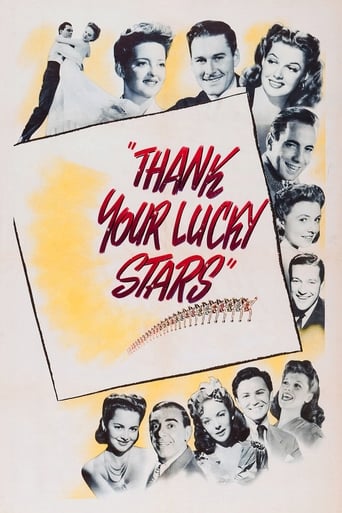

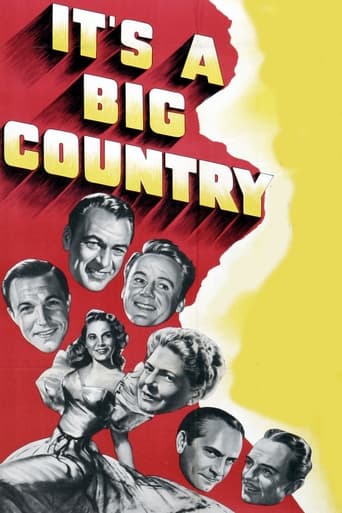
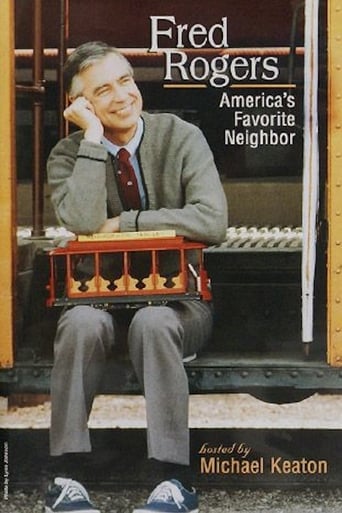
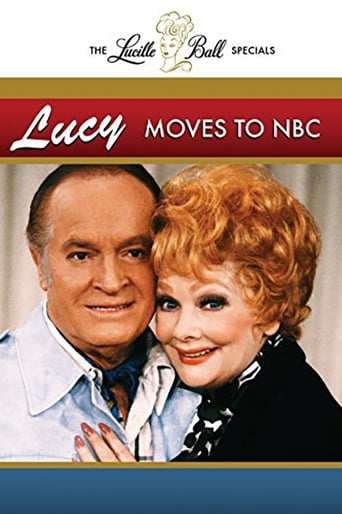
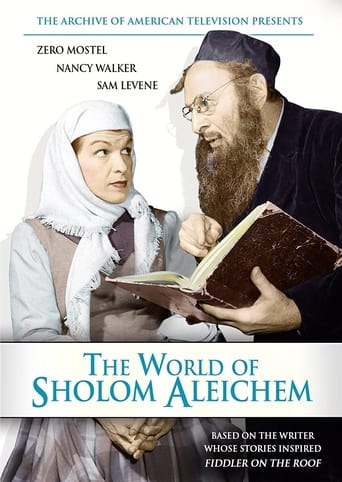


























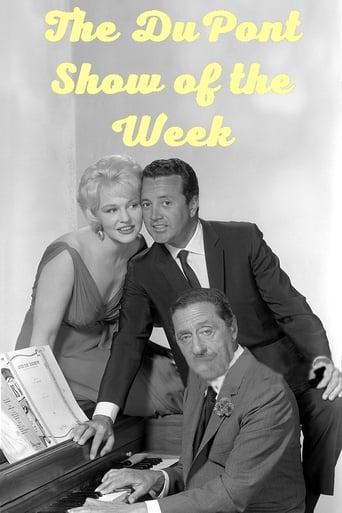
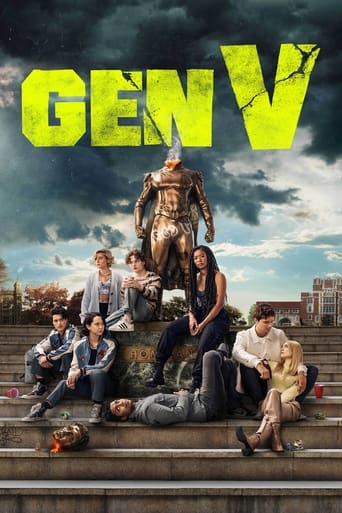
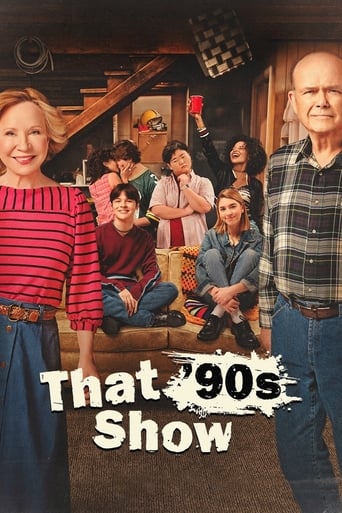
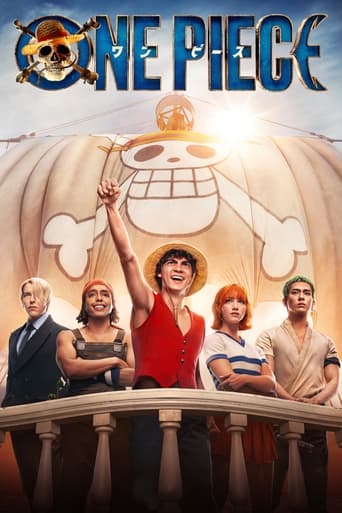
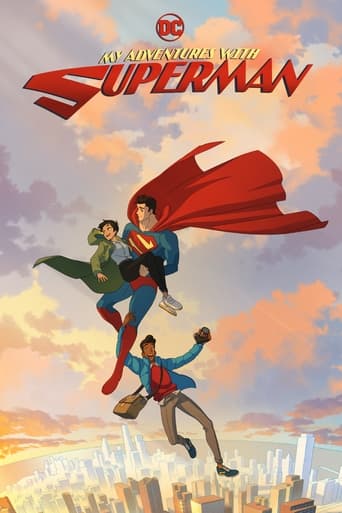
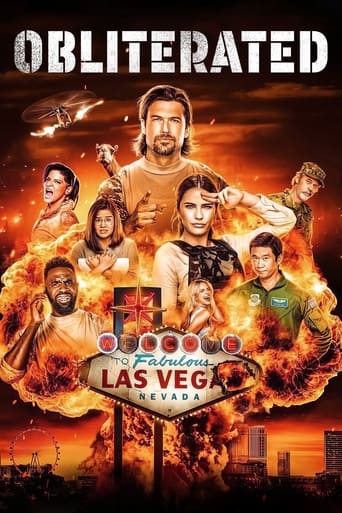
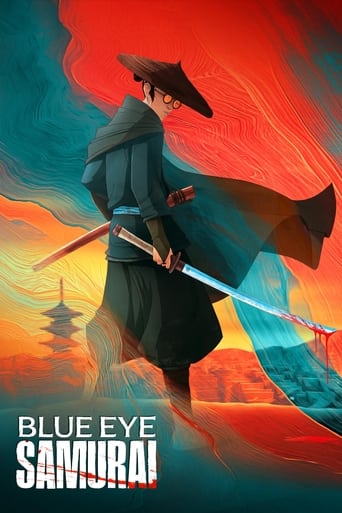
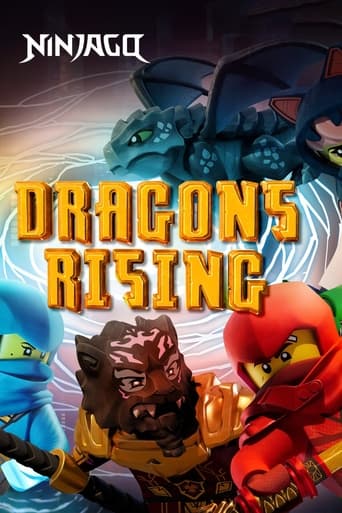
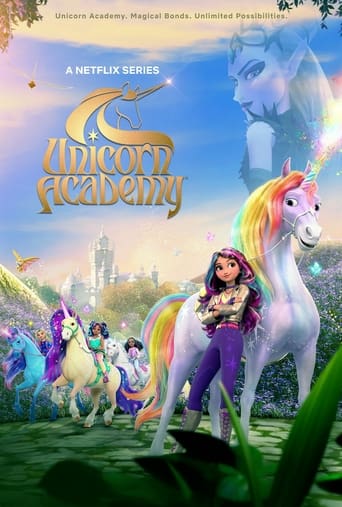
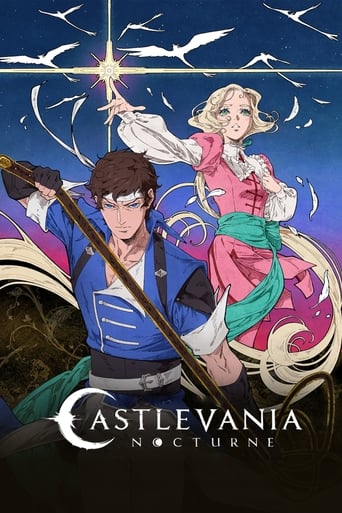


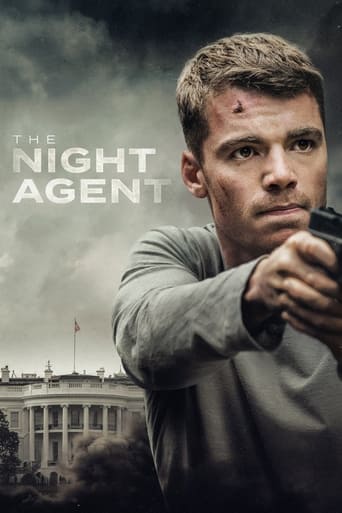
The Hospital
Dr. Bock, the chief of medicine at a Manhattan hospital, is suicidal after the collapse of his personal life. When an intern is found dead in a hospital bed, it appears to Bock to be a case of unforgivable malpractice. Hours later, another doctor, who happens to be responsible for another case of malpractice, is found dead. Despondent, Bock finds himself drawn to Barbara, the daughter of a comatose missionary.